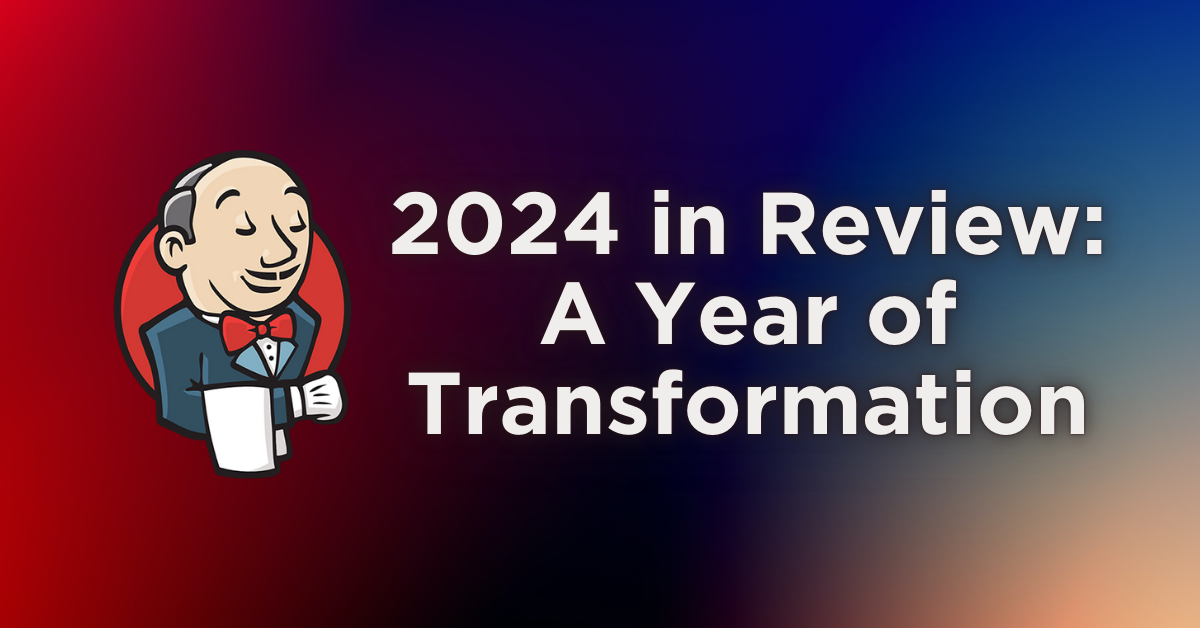-

Jenkins 2024 in Review
-
2024 Jenkins Election Candidate Statements
-

See what's next for the Jenkins user interface - DevOps World 2024
-

See what's next for the Jenkins user interface - DevOps World 2022
-
Introducing external storage for JUnit test results
-
Read-only Jenkins Configuration
-

GitHub App authentication support released
-

Introducing the Azure Key Vault Credentials Provider for Jenkins
